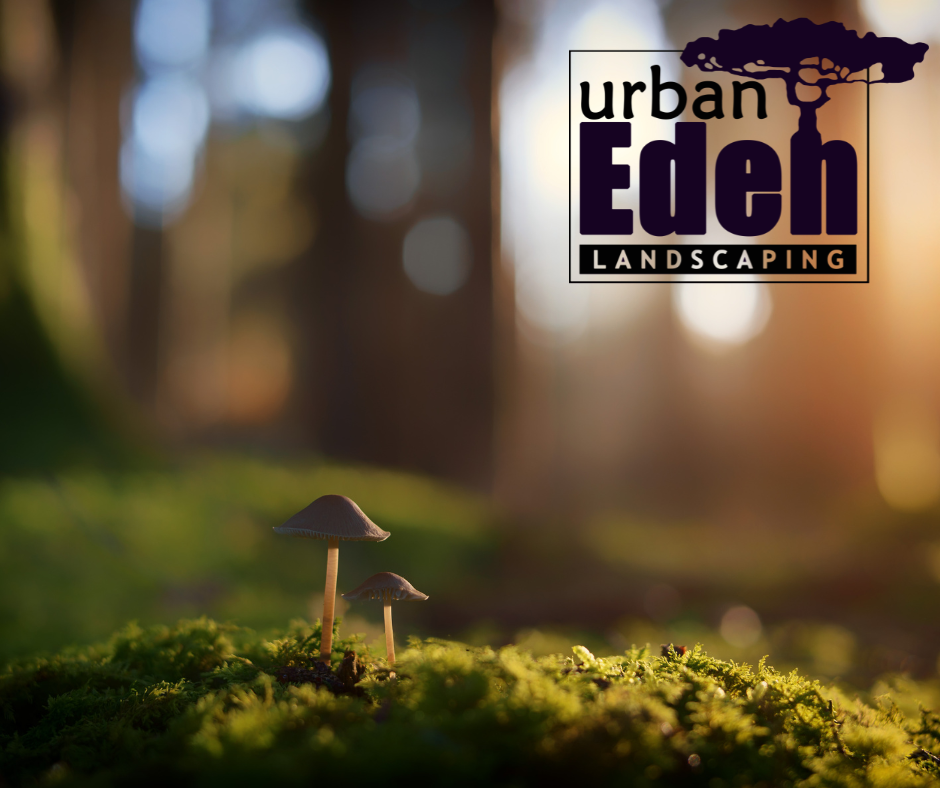The Pacific Northwest is celebrated for its incredibly diverse landscapes, and the Camas, Washougal, and Vancouver, Washington areas are no exception. What amazes many people is that, beneath the surface, there’s an underground world of fungi and mold controlling the surrounding environment. In this post, we’ll discuss the fascinating and often misunderstood variety of fungi, their ecological significance, common problems they cause, and the balance of nature they are responsible for.
Ecological Significance
In the Pacific Northwest fungi significantly contributes to our healthy ecosystem. For example, Mycorrhizal fungi form symbiotic relationships with plant roots, enhancing uptake in nutrients and helping the growth of various plant species. It’s very interesting to think about how these fungi act as a vast underground network, connecting trees and plants and controlling the trade of nutrients as well as the sharing of information. The mycelium, the root-like system for fungi, weaves through soil forming a web that sustains the forest’s ecosystems.
The Diversity of Fungi
The Pacific Northwest consists of an incredible range of fungi, from the mushroom spread across the forest floors, to invisible molds hiding in the tiniest of cracks and crevices. Fungi plays a very important role in nutrient cycling, breaking down organic matter and returning key elements to the soil. From coastal rainforest to giant mountain terrains, the region’s array of climate creates a naturally comfortable habitat for fungi, resulting in the continuous and complex expansion of fungal life.
Mold, Nature’s Recycler
Being a subset of Fungi, mold is most often associated with unwanted growth in damp climates. Although this can be true, mold also plays a huge role in nature acting as one of the earth’s main decomposers. By breaking down organic matter, mold transforms dead and dying materials into nutrients, controlling the recycling of elements in ecosystems.
Problems Caused by Mold
Regardless of the fact that many fungi play an incredibly beneficial role in our environment, the same is true for some in the opposite way. For example, mold growing indoors, due to wet conditions, can lead to property damage as well as potential health risks. Understanding the conditions that cause mold growth is essential when it comes to ensuring that mold does not take hold of your home.
In the beautiful Washington State, we all know and love, fungi and mold will always play an important role in controlling our ecosystem and regulating a multitude of components of human life. By embracing their diversity and understanding how they work, we can become more deeply connected with nature. From the cool looking wild mushrooms to the invisible underground mycelial networks, fungi encourage us to explore the complexity that make up microscopic corners of the world. If you are having fungus or mold issues in your yard, Urban Eden Landscaping would love to help. Contact us or fill out our FREE estimate request form now.

